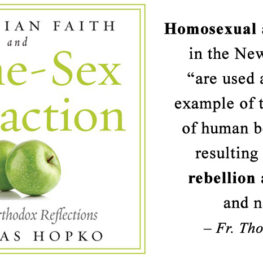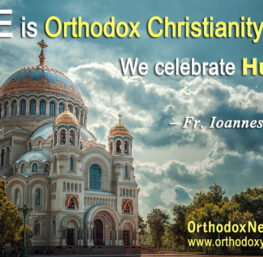Wall Street Opinion Journal Mark A Knoll Friday, July 7, 2006
In 1911 the English-speaking world paused to mark the 300th anniversary of the King James Version (KJV) of the Bible, with American political leaders foremost in the chorus of exaltation. To former president Theodore Roosevelt, this Bible translation was “the Magna Carta of the poor and the oppressed . . . the most democratic book in the world.” Soon-to-be president Woodrow Wilson said much the same thing: “The Bible (with its individual value of the human soul) is undoubtedly the book that has made democracy and been the source of all progress.”
Americans at the time mostly agreed with these sentiments, because the impact of the KJV was everywhere so obvious. It was obvious for business, with major firms like Harper & Brothers having risen to prominence on the back of its Bible publishing. It was obvious in the physical landscape and in many households because of the widespread use of Bible names for American places (95 variations on Salem) and the nation’s children (John, James, Sarah, Rebecca). It was obvious in literature, as with the memorable opening of Herman Melville’s Moby Dick: “Call me Ishmael.” And it was obvious in politics, with no occasion more memorable than March 4, 1865, when four quotations from the KJV framed Abraham Lincoln’s incomparable Second Inaugural Address: Genesis 3:19 (“wringing their bread from the sweat of other men’s faces”); Matthew 18:7 (“woe unto the world because of offences!”); Matthew 7:1 (“judge not that we be not judged”); and Psalm 19:9 (“the judgments of the Lord are true and righteous altogether”).
. . . more




For those who find debate on Scriptural exegesis interesting, you might wish to listen to this one between John Rankin (President of Theological Education Institute) and Dan Barker (former minister, now co-president of the Freedom From Religion Foundation).
John Rankin has organized over 100 forums at the Mars Hill Forum, and I give him credit for tackling some tough issues with a broad array of guests.
Their website states:
“The goal of the Mars Hill Forum is to seek truth by embracing the love of hard questions. Rev. John C. Rankin has organized one hundred Mars Hill Forums since 1993. In these public events, held at universities and other sites across the country, he engages America’s foremost opinion leaders in gracious dialog concerning biblical faith and its consequences for public policy.”
More here…
Actually, this one is better and a little more engaging.
As the author points out, the loss of the KJV as a unifying Biblical language has had a significant impact on Christianity in the English-speaking world.
Whereas once a phrase or even a word from the KJV brought up instant connotations, it now often brings a raised eyebrow, even from Christians.
There have of course been theological forces driving the proliferation of translations. Ironically, though, perhaps a more powerful driving forces has taken over in this process of atomization: money. The sale of Bibles is big business, and since the KJV is in the public domain, there is nothing to be made by promoting it — and much to be made by promoting the latest and greatest translations. As a result, we have no common Biblical language.
The KJV should have remained the common heritage of the English language. There are obvious mistranslations and some truly archaic words that have changed in meaning — items that in the past were dealt with by clergy who knew the original languages and the English language well enough to clarify things for the faithful.
There is still a lot of use of the KJV in the Orthodox world, primarily because it is one of the few faithful reflections of the Byzantine text-type of the NT, and secondarily because it fits the tenor of our liturgical services.
There are any number of revisions — both those published and those exchanged privately amongst Orthodox Christians — that have addressed the KJV’s shortcomings while leaving it recognizable. It would be nice if eventually one of these would be recognized as having accomplished that task as fully as possible, and that it would then take hold as the standard New Testament translation of Orthodox churches that use traditional liturgical language.